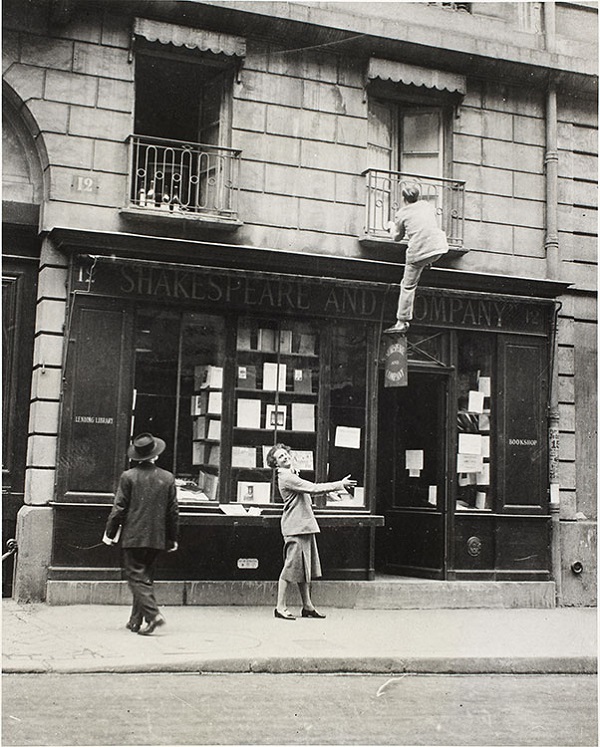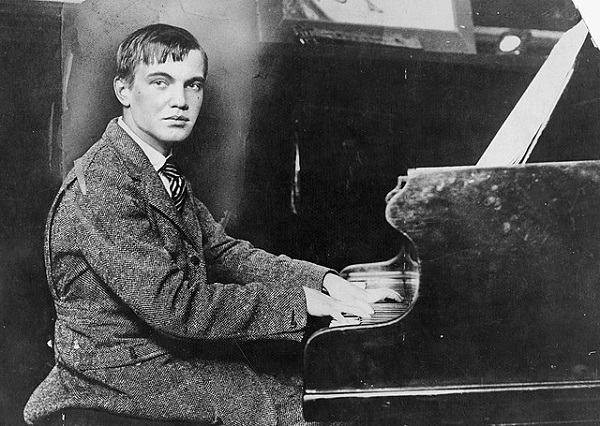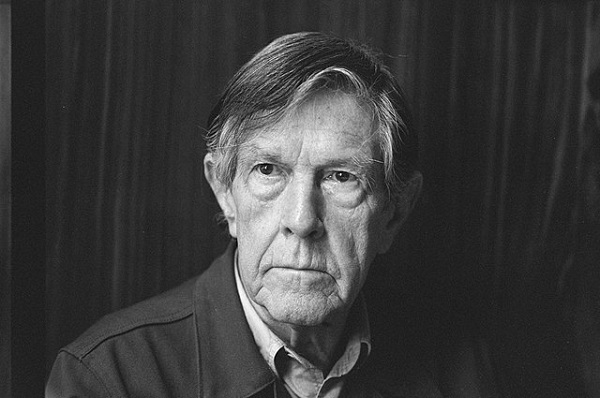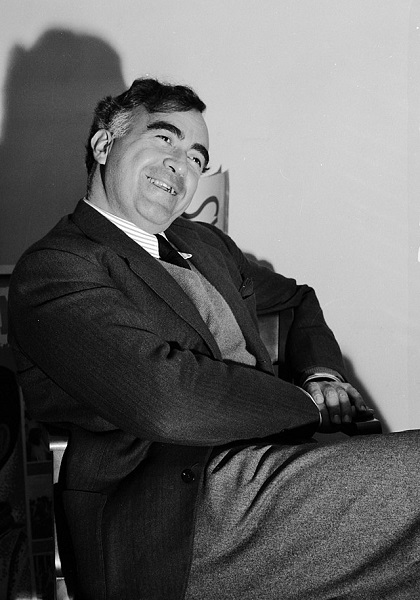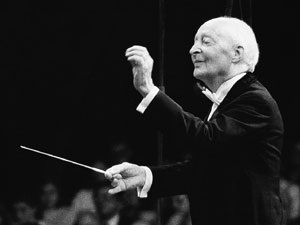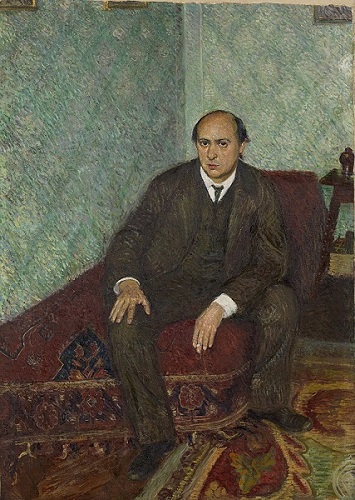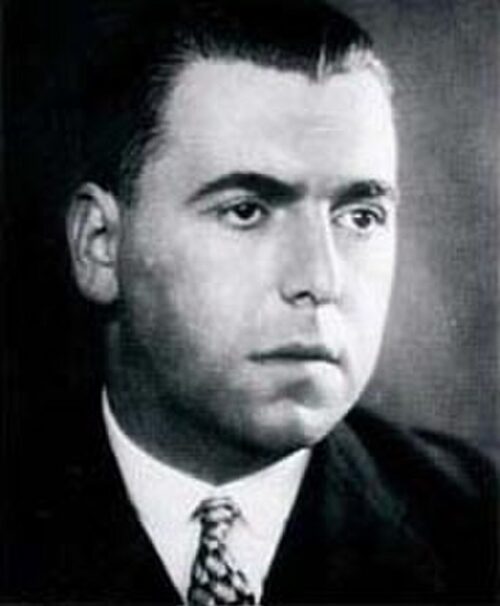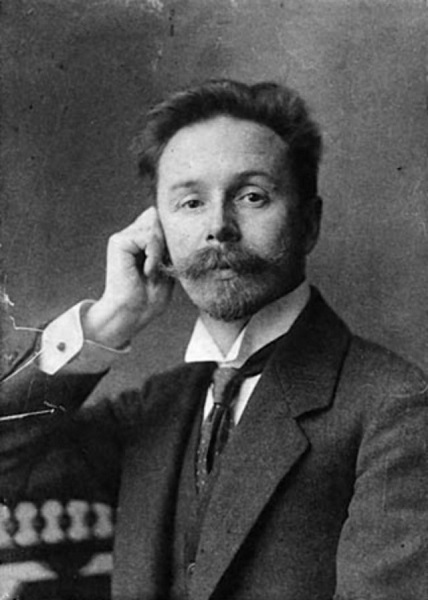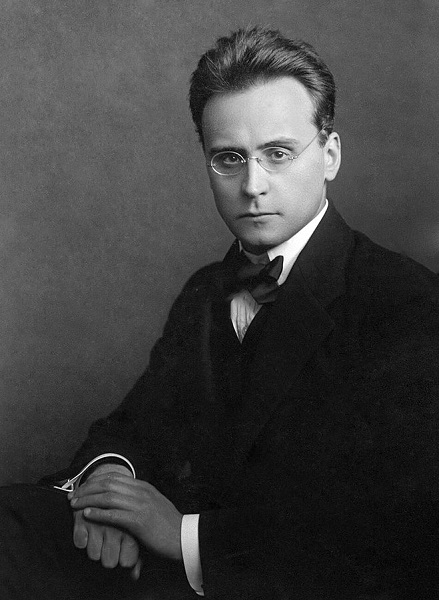Born in Trenton, NJ, July 8, 1900
Died in New York, Feb 12, 1959
- George Anthiel [AN-tile / pronunciation] was an American pianist and composer of German descent. Part of the avant-garde arts scene in 1920s Paris, he was friends with Erik Satie, Ezra Pound, William Butler Yeats, and Pablo Picasso.
- In his late teens, Anthiel studied composition under Ernest Bloch in New York.
- During his early career, Anthiel composed music influenced by Stravinsky and cubism; later, he was drawn to the use of American folk music idioms. Eventually he settled in Hollywood and composed film scores, symphonies, and ballets.
- Fun fact – while living in Hollywood, Anthiel befriended actress Hedy Lamarr. During the Second World War, the two develop the concept of frequency hopping for radio-controlled torpedoes, for which they were granted a US Patent in 1942.
- Additional fun fact – Antheil was something of a polymath. In addition to his interest in science, he also wrote murder mysteries and newspaper articles on various topics, from contemporary music to human anatomy.1
Learn More
Short biography
